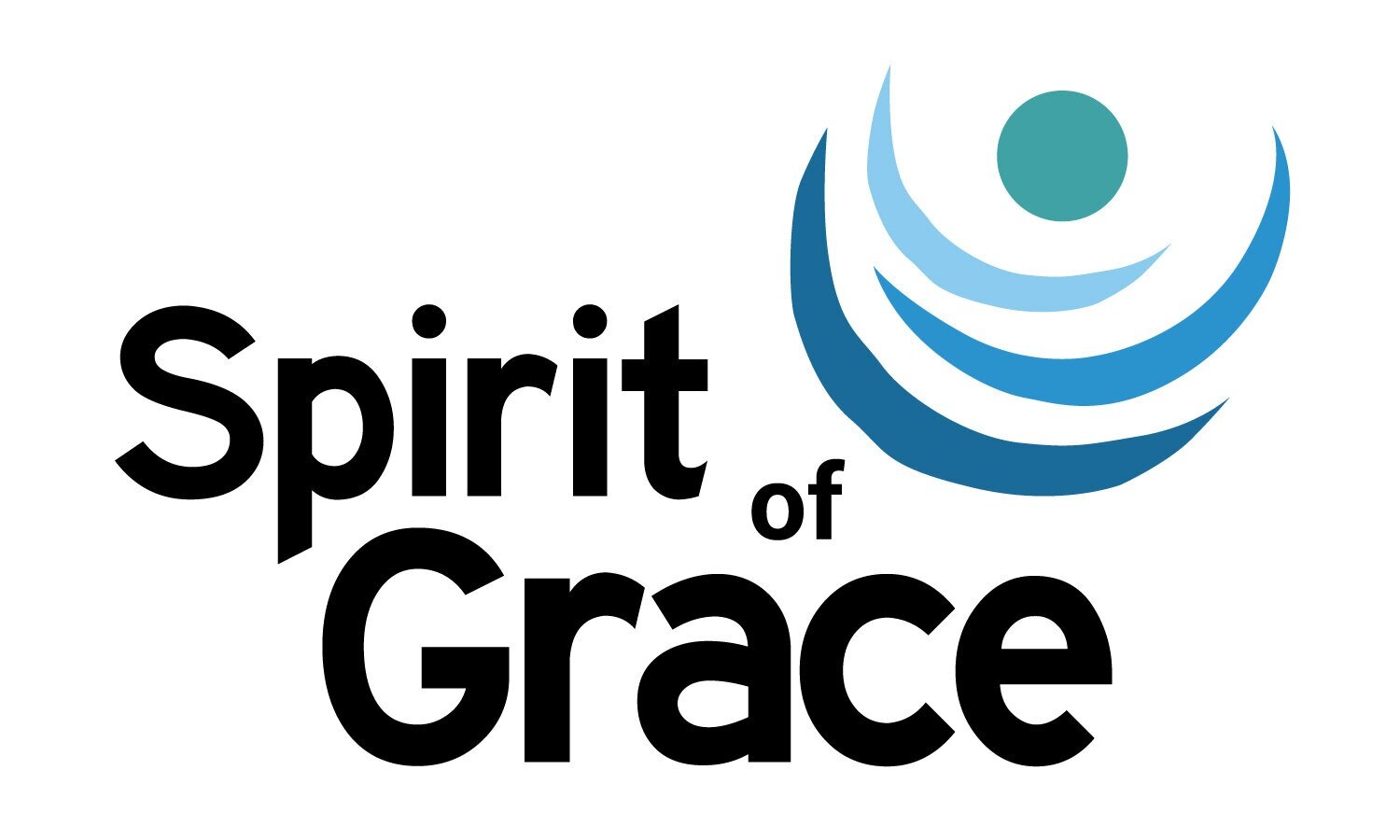Photo above: Sarah Hallberg (Royalty Reparations Team), Jonathan Swanson, Leah Brown Harrison (our speaker), and Marie Gettel-Gilmartin (Royalty Reparations Team)
On Sunday, February 24, 2024, Spirit of Grace launched a Royalty Reparations Pilot Program.
Spirituals are an unacknowledged form of intellectual property of enslaved Africans in America, with experts estimating at least 1,000 to 6,000 spirituals in existence. These songs, passed down orally and improvised, served as a form of prayer and community-building for enslaved people, offering strength and comfort amidst the cruelties of daily life. But the artists who created them were never compensated for their work.
How Does it Work?
Our program, inspired by a similar initiative at United Parish in Brookline, Massachusetts, aims to pay forward what can’t be directly repaid to those artists. To honor their creators, we'll collect a special offering whenever we sing spirituals in worship over the next year to support Black musicians. Our goal is to recognize and honor the musical contributions of Black people to our worship repertoire, with a commitment to revisit our efforts in a year, acknowledging that our contributions can never fully repay the debt owed.
Royalty Reparations Program Launch
We had a powerful worship service, in which we:
Shared confessions, prayers, and readings from Frederick Douglass and Cole Arthur Riley, author of the incredible book Black Liturgies
Sang spirituals throughout and learned about their history
Listened to two powerful children’s homilies at the 8:30 and 10:45 a.m. services, shared below
Heard from Leah Brown Harrison, a member of the Brown Sisters, who shared about the history of Black music and how music has been a deep part of her faith
Listened to Leah’s beautiful renditions of spirituals accompanied by our jazz pianist Jonathan Swanson’s accompaniment
Collected $1,200+ in donations to the Albina Music Trust, our designated charitable partner for royalty reparations
View our complete service here.
The video below contains Leah Brown Harrison’s reflection and medley of spirituals.
Albina Music Trust
Albina Music Trust is preserving the historic music culture of Portland’s Albina District with programs that amplify the Black community’s archival media, oral histories, and special events. In collaboration with musicians, founders Bobby Smith and Calvin Walker have brought to light a definitive catalog of historic regional music and the memories of its creators. They have developed an archive of photography, audio recordings, film, and related materials representing this historic musician culture. They have produced concerts, oral history panels, vinyl records, exhibits, radio programs, printed articles, and more. Some of our members have taken the Albina Soul Walk, a one-mile self-guided audio tour that explores Albina's musical culture of the 1960s-1980s. Learn more about the Albina Music Trust by watching this video.
“The songs of the slave represent the sorrows of his heart; and he is relieved by them, only as an aching heart is relieved by its tears. At least, such is my experience. I have often sung to drown my sorrow, but seldom to express my happiness. Crying for joy, and singing for joy, were alike uncommon to me while in the jaws of slavery. The singing of a man cast away upon a desolate island might be as appropriately considered as evidence of contentment and happiness, as the singing of a slave; the songs of the one and of the other are prompted by the same emotion.”


